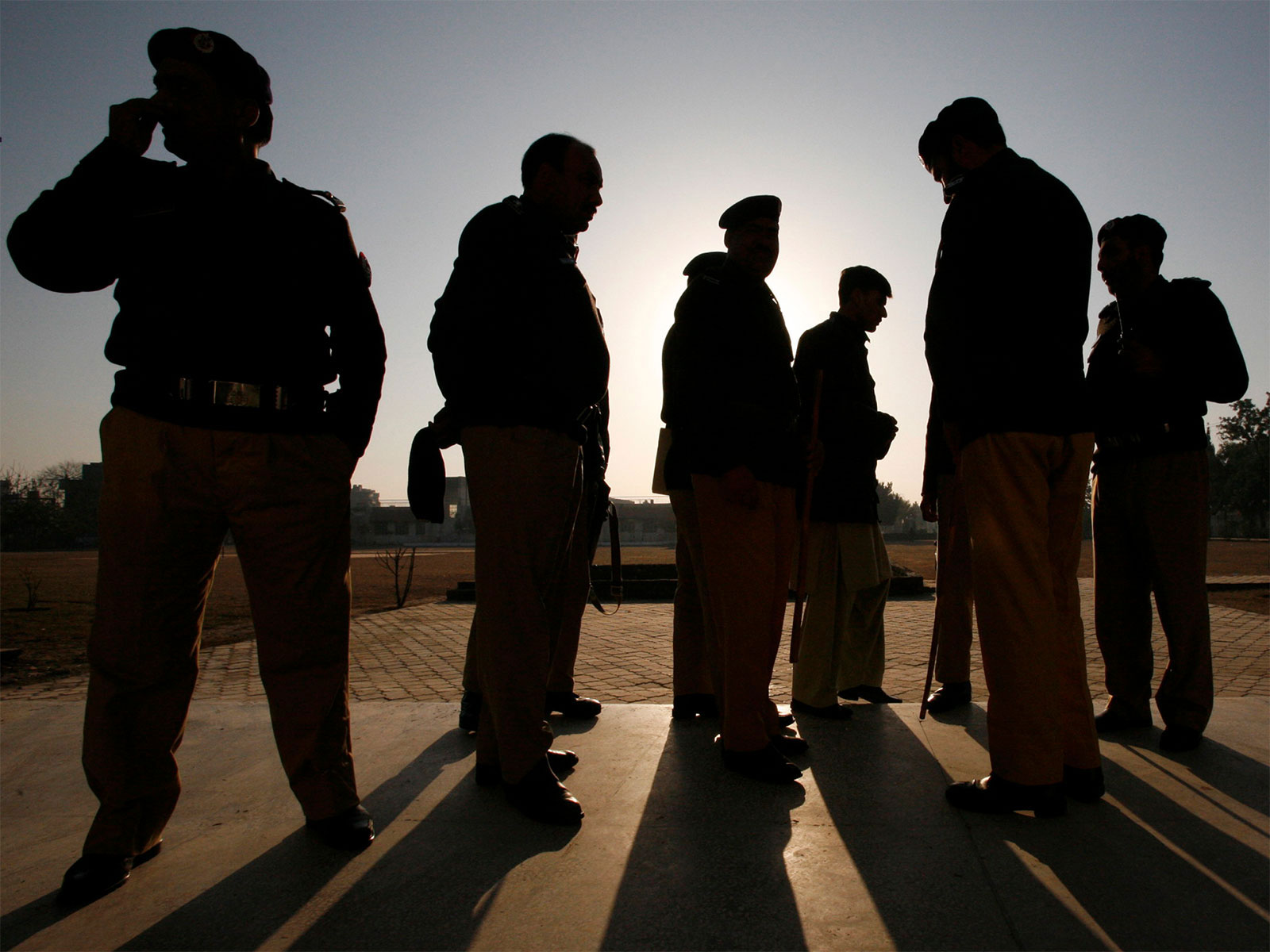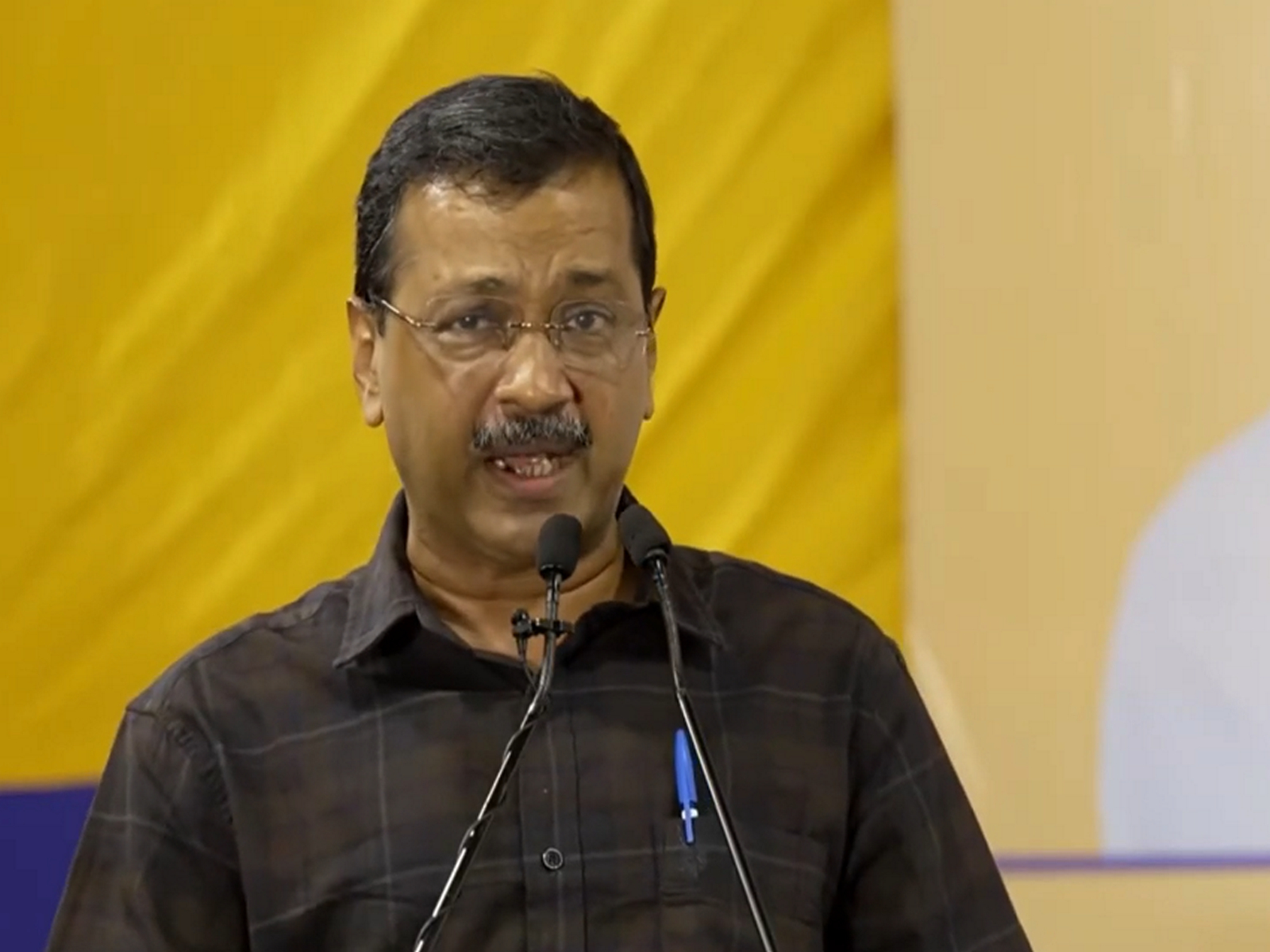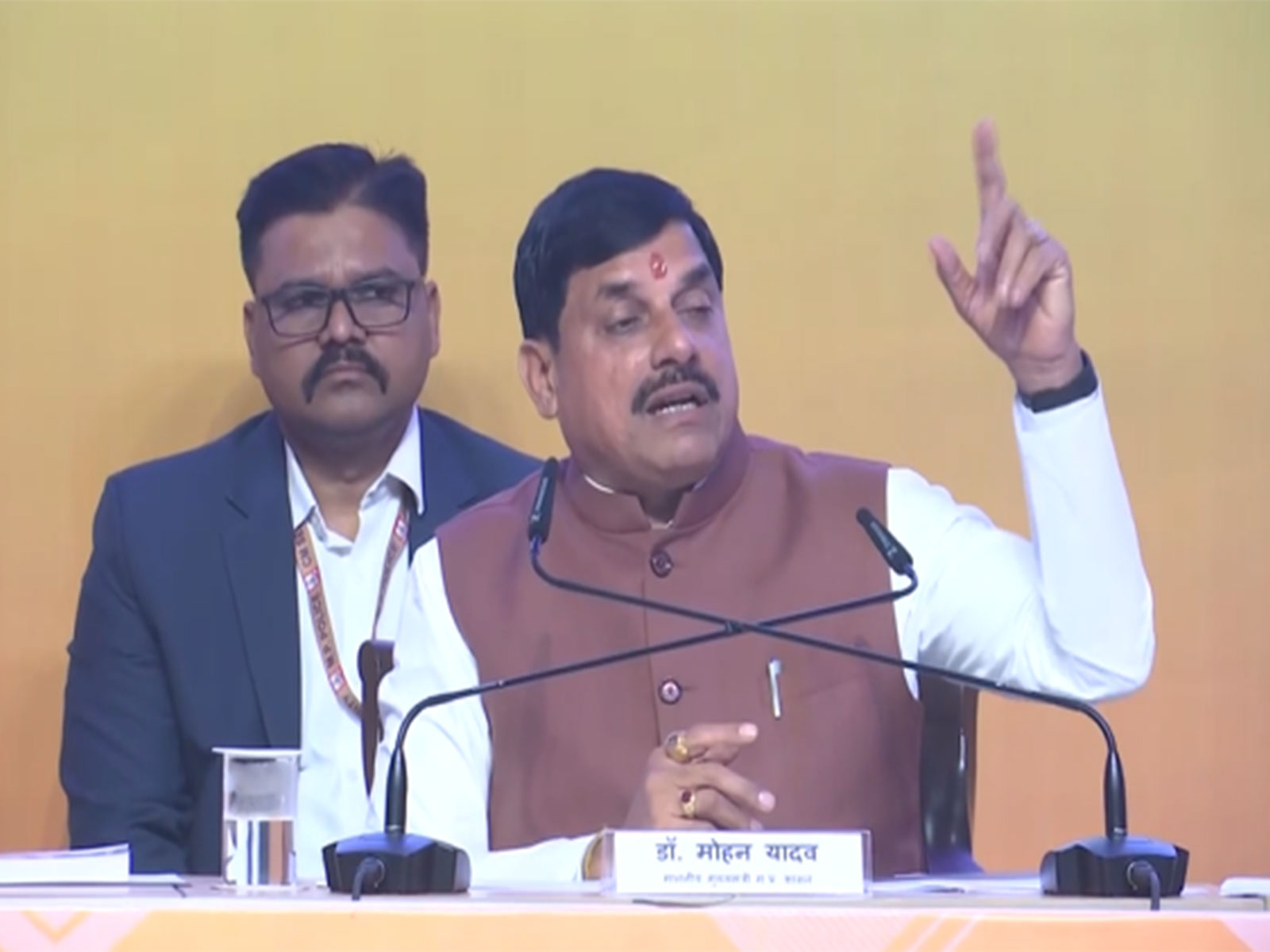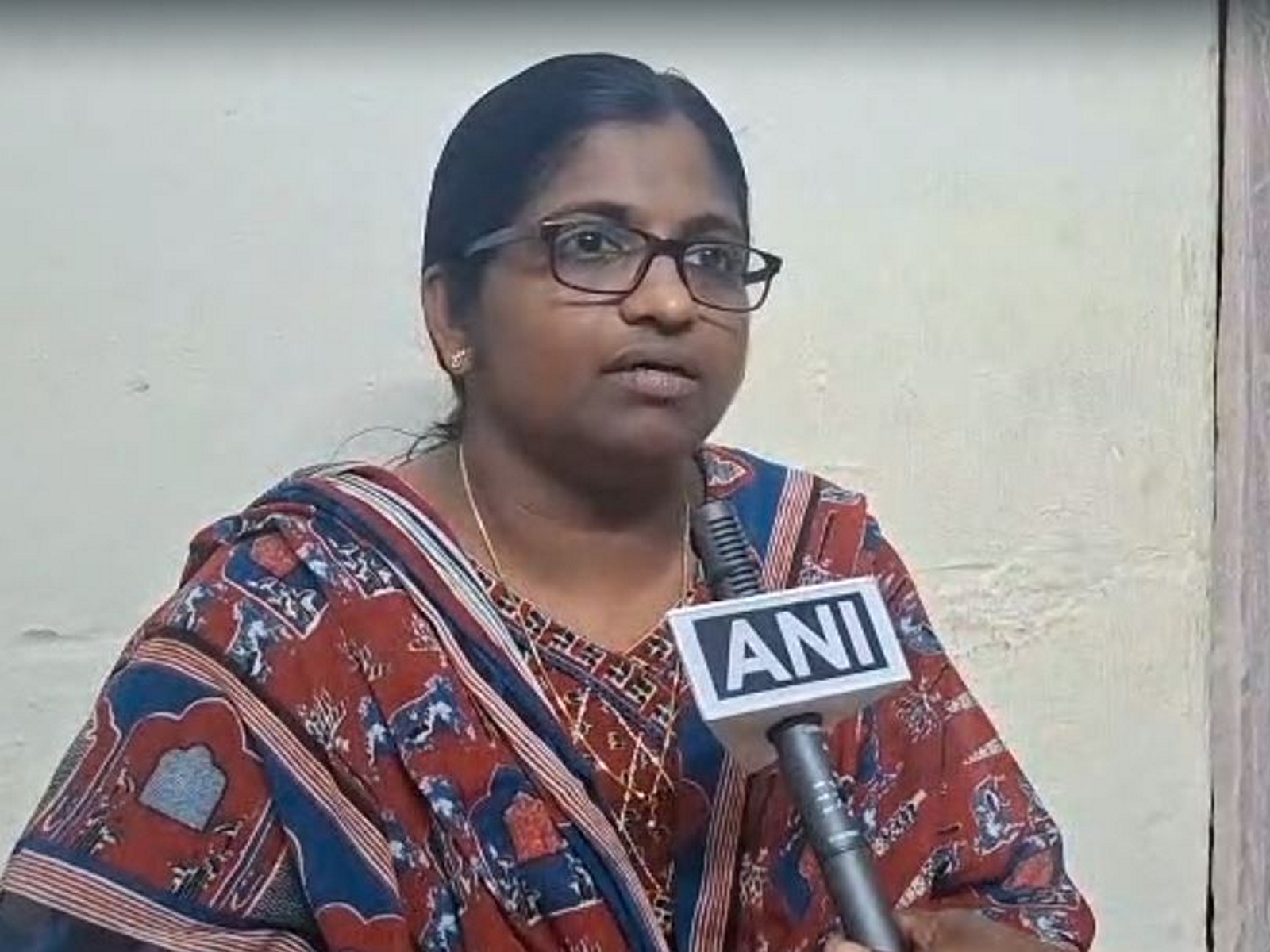China releases new guidelines on censorship of online comments and 'likes'
Dec 22, 2022

Beijing [China], December 23 : Amid anti-government views and posts in the wake of the massive public protests across the country over Covid lockdowns and a fresh outbreak, China released new guidelines on the censorship of online comments and 'likes', writes Thu Dao in the Indo-Pacific Center for Strategic Communications (IPCSC).
Thu, a Hanoi-based journalist, who worked as a content manager and strategist at the foreign affairs newsdesk in Tuoi Tre said according to the latest guidelines, a 'like' on any social media post would also be considered a kind of comment.
The idea is that even a praise for someone else's post or comment will be cause enough to hold someone accountable and impose punitive actions against that person.
Recently, Chinese social media platforms were found to be erupting with anti-government views. This was followed by a heavy crackdown not just in the physical sphere but also on the internet.
Firewalls and censorship promptly came into action to curb the propagation of views that reflected poorly on the Chinese establishment. The purpose, of course, was to stop any anti-government story from spreading which could have been a cause of irritation to the establishment, said Thu.
The repercussions have at many times been severe for people engaging in any social media activity that can even remotely be considered to be anti-government.
For as little as commenting on others' social media posts, people have been detained, arrested and threatened by the local Public Security Bureaus, the most frequently used tool of intimidation by the Chinese authorities, reported IPCSC.
Replacing the erstwhile 2017 version, the Cyberspace Administration of China, the government agency responsible for monitoring, controlling and censoring of all communications on social media platforms and the internet in general, has released new guidelines that will become effective from December 15, 2022.
Any internet website or application with the attributes to facilitate public opinion or the capability to mobilise people to come under the ambit of these guidelines, said Thu.
This facility can be in any form, including comments, replies, messages, bullet screens, likes, etc. that could provide the user with texts, symbols, expressions, pictures and audio or video information services.
The new provisions also seek to establish and improve the information security management system such that better and more rigorous management of posted comments, complemented with real-time inspection, and emergency response is possible.
The goal is to 'discover and deal' with any information that they might consider as 'illegal and unhealthy' in a timely manner. Wherever felt necessary, report to the Internet Information Department, reported IPCSC.
"What do these actions reflect if not fear on part of the government? The government has been trying to create a perception that the public was merely frustrated by the heavy Covid-related lockdown and now that the restrictions have eased, at least on paper, there is no reason for public resentment anymore," Thu said.
However, the strategy most likely is to give some hope to people that the government might take further actions to address their grievances. What the government does not realise is that it cannot quench people's thirst for more freedom and civil liberties by bringing out further regulations that curb their expression, said Thu.
The government blames a suspected 'foreign hand' as being behind the hosting of various protests across China and is using the argument to further tighten repressions.
The establishment needs to understand that these excuses will no longer cut it for the people, said Thu.


















